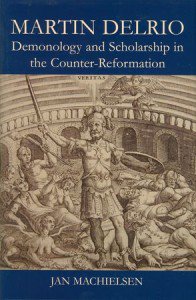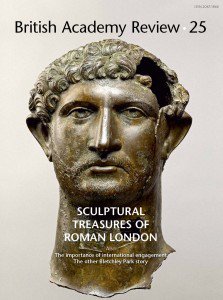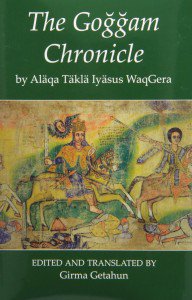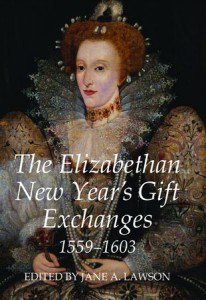Working in academic publishing
by Brigid Hamilton-Jones
27 Feb 2015
When I tell people I work in academic publishing, they (usually) react with interest. They want to know where I work, and then they ask me to explain more about what’s involved.
First, I tell them a bit about the sort of books we publish. I explain that the British Academy has two main strands to its academic book publishing.
The first strand is made up of edited themed volumes and original monographs. Our best-known series is the Proceedings of the British Academy, published continuously since 1905. It was originally an annual volume of lectures and biographical memoirs of Fellows, but has developed into a major series of books on humanities and social science subjects. Each volume is put together by an editor or co-editors and contains important essays written by different authors. The aim is to drive the field of study forward, perhaps in new directions. Very often the books arise from academic conferences, although they are not just conference proceedings – the editors curate the best essays and commission others to round out the volumes.

The second strand is a wide range of scholarly editions of documents and texts, plus illustrated catalogues of objects for study such as sculpture or coins. All of them are outputs from British Academy research projects. These books enable other scholars to carry out original research.

Sometimes people will ask me if all out books are written by Fellows. I tell them ‘No.’
Then they ask how do people get their books published by us. Proposals for volumes in the Proceedings of the British Academy series can be sent in by anyone, but they have to use the proper form. There are guidelines to follow and it’s important to note the deadline dates for submissions. Monographs can only be proposed by eligible early career scholars – British Academy Postdoctoral Fellows or Newton International Fellows – and there is an annual call for proposals.

In academic publishing it is important that every book goes through the process of peer review before it is published. This means that before the committee meets we have to send proposals and sample materials to academics working in the appropriate field for their opinion and advice. And final manuscripts are also reviewed before they enter production.
Members of the Publications Committee consider the advice of reviewers and draw on their own expertise to decide whether a book is one they want to see on our list. Their standards are very high and not every proposal gets through. Sometimes they invite editors or authors to make revisions – perhaps a chapter needs to be added, a particular argument needs to be amplified, or reference given to recent published work in the field.

Finally, people ask how can we buy our books? Our books are published for us by Oxford University Press and are available through their website. We list all our books on our website and there are direct links through to the OUP website from there.
Brigid Hamilton-Jones is the British Academy’s Publications Officer.


